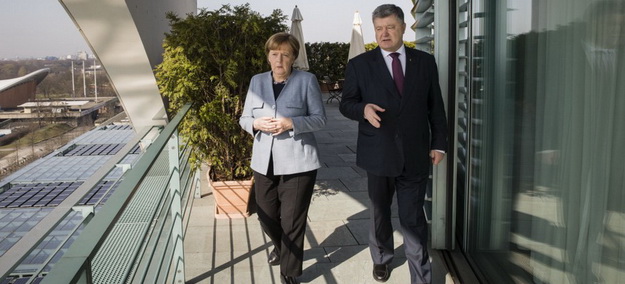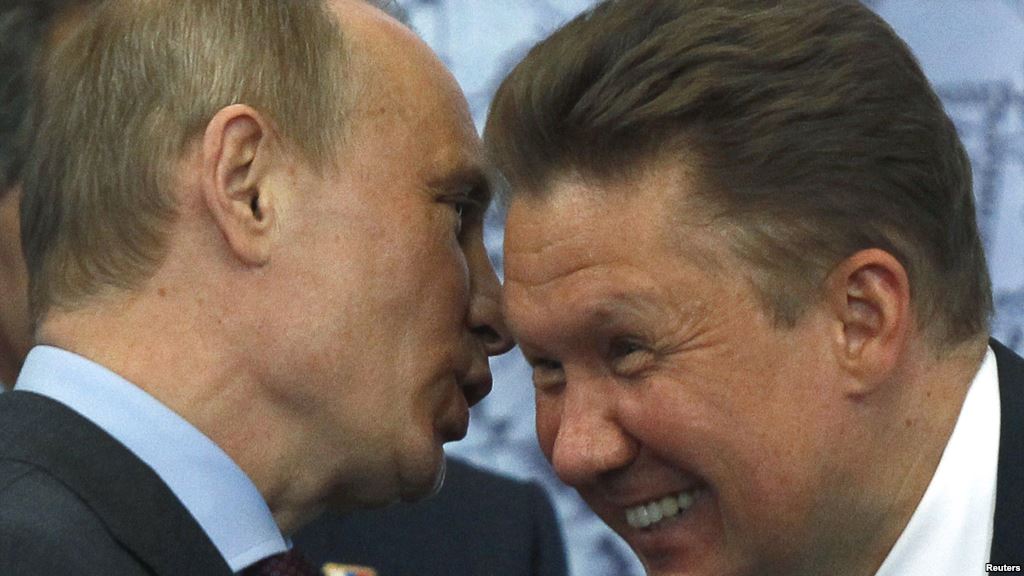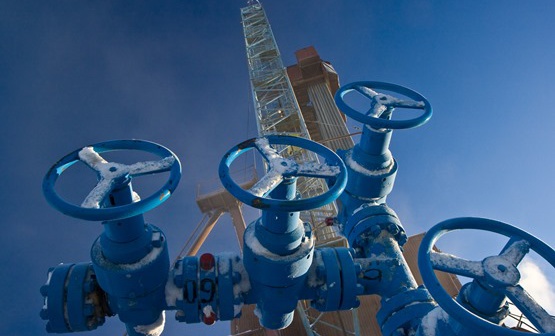Discussions between Ukrainian President Petro Poroshenko and German Chancellor Angela Merkel have led to clear success.
The position of Berlin towards the Nord Stream 2 gas pipeline has become more advantageous for Ukraine. In particular, Merkel has called the continuation of gas transit through Ukraine as a decisive requirement for German support of the pipeline [On 11 April, Angela Merkel stated that the Nord Stream 2 gas pipeline project wasn’t possible without retaining Ukraine’s transit role – ed].
Yes, the statement of the German Chancellor is not a refusal to build the Nord Stream 2, but it is nonetheless an important moment.
Even more, the new German position in the matter of the Nord Stream 2 has put the initiative into Ukraine’s hands. Today, the most important thing is not to let this opportunity slip away.
What must be done to ensure this? The author of this text last year turned Kyiv’s attention to the fact that criticism alone would not be sufficient to counteract Gazprom’s project. Ukraine, together with its European partners (a number of countries are no less interested than Ukraine in maintaining the current manner of transit) and with the support of the European Commission, should prepare an authentic and realistic proposition for gas transit after 2019.
One of the primary components of this proposition must be the unbundling of Naftogaz (the controller of Ukraine’s gas transit system should be divided into separate companies), which will allow it to comply with the requirements of the EU’s Third Energy Package of legislation. This step will comply with the interests of Naftogaz, among which are the security of its victory at the Stockholm Arbitration Court.
The second component of the Ukrainian proposition must be the creation of a consortium of respectable European gas-transit operators for the management (but not the ownership or control, this is an essential distinction!) of the gas transit system within Ukraine. The companies in the consortium must be current competitors of Gazprom.
These partners, thanks to their experience, may help at once create both an operator for the Ukrainian gas market and a transit partner. This will also establish the most advantageous position for Ukraine and its European partners in discussions with Gazprom (and further, with the Kremlin) regarding the conditions of a new long-term transit contract from 2020 onwards.
At the same time, one must understand, that the development of Berlin’s position to the advantage of Kyiv’s (and Kyiv’s strategic European partners’) gas interests is above all a consequence of the general and sharp deterioration in relations with the Kremlin. Thus the position is political, and it will not please influential German and European gas companies which are long-term partners of Gazprom. But how long will these companies have their hands tied?
This is the key “homework” for Kyiv, which further must understand that the window of opportunity will not long remain open. Kyiv does not have the time for long discussions with the European Commission.
Furthermore, there is no time for internal workarounds. The government and management of Naftogaz each bear part of the responsibility. Most importantly, they each must remember that the matter of the continuation of gas transit has been about more than mere economics for a long time.
Today it is a matter of Ukraine’s national security and political independence.

Read also:
- Russia’s March-2018 gas war attempt against Ukraine, explained
- Putin’s plans to destroy Ukraine’s gas transit system
- Nordstream2 opens road for Russian offensive in Ukraine, subjects EU to gas wars – Energy panel at Kyiv Security Forum
- Why German politicians want to make peace with Putin






